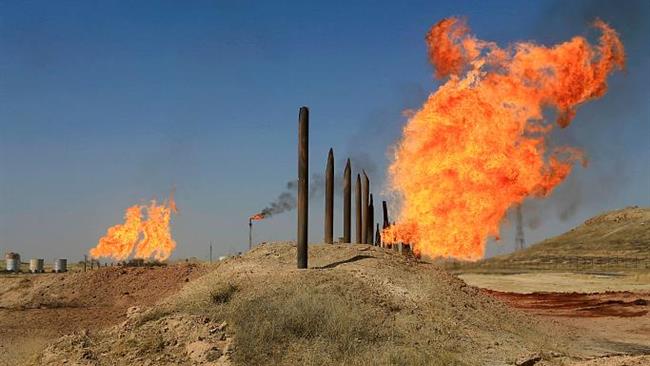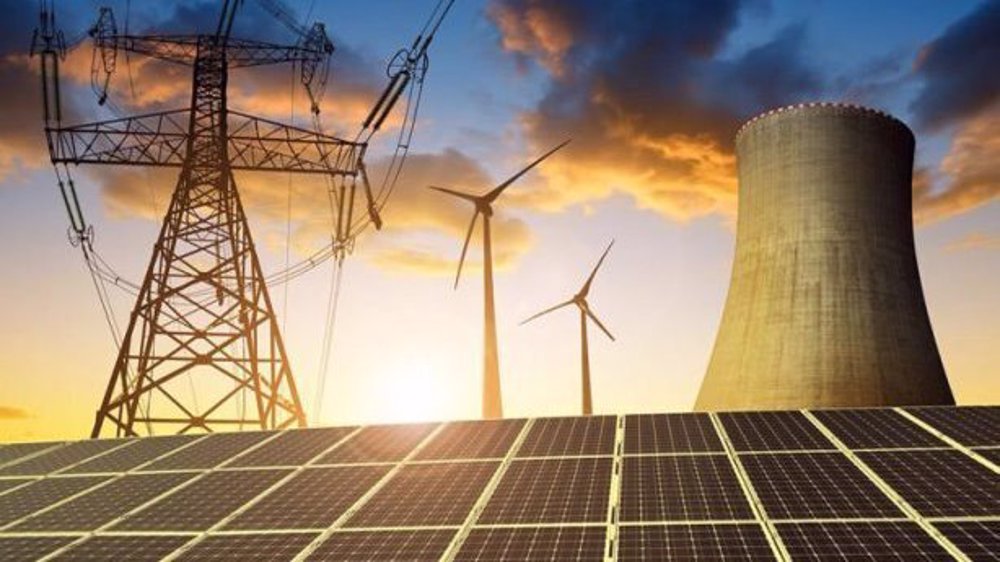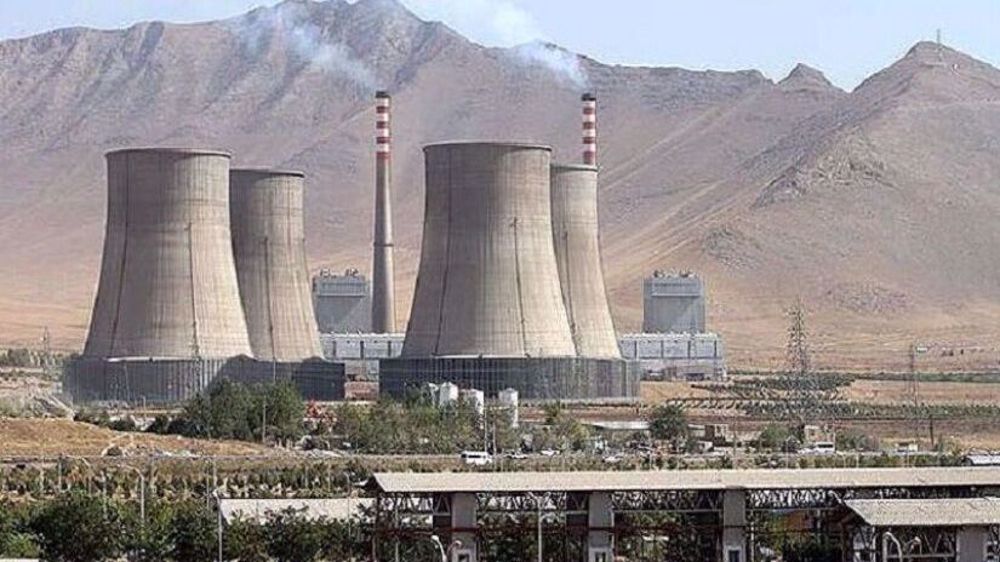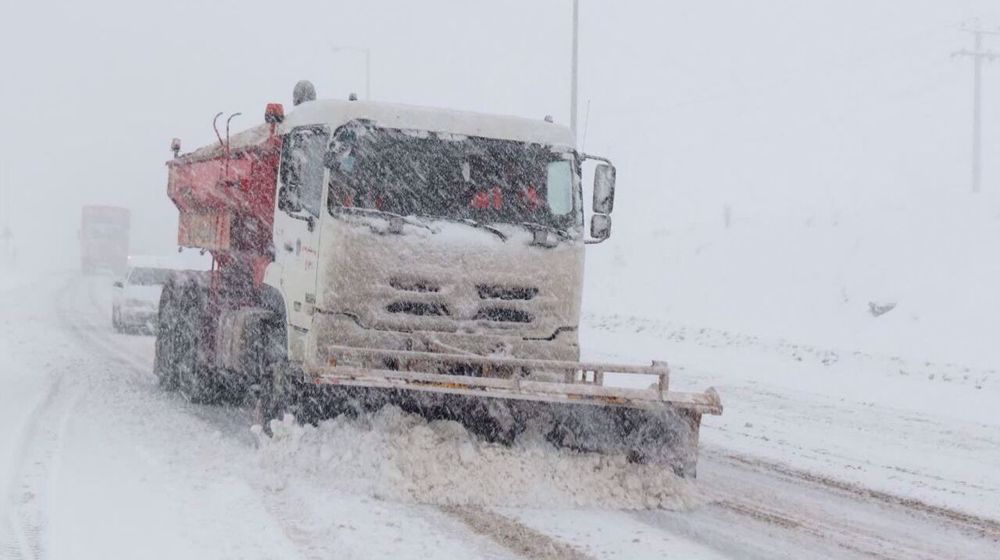Iraq in talks to export Kirkuk oil to Iranian refinery
Iran and Iraq have reportedly started talks over the shipment of crude oil from the fields around Kirkuk to the Kermanshah refinery inside the Iranian territory.
Reports quoted Alaa al-Mussawi, the director of Iraq’s state-oil marketer State Organization for Marketing of Oil (SOMO), as saying in a statement that the Kermanshah refinery would be supplied with 15,000 barrels per day (bpd) of oil from Kirkuk fields.
Al-Mussawi added that the volume could increase to as high as 25,000 bpd in the near future.
The official emphasized that the oil would be transferred into the Iranian territory by road tankers.
Until recently, oil from the fields around Kirkuk – which is an oil-rich province in northern Iraq – was shipped to the Turkish port of Ceyhan via a pipeline owned and operated by the Kurdistan Regional Government (KRG).
However, following the attack and takeover of the province by Iraqi forces last month, the Iraqi Oil Ministry started talks with Iranian officials about the province’s oil exports through Iran, reported Kurdistan24.net news website.
On Monday, the KRG Prime Minister Nechirvan Barzani in a televised press conference asserted the crisis in Kirkuk had adversely affected the Kurdistan Region’s oil export revenue, reducing it to less than half of what it was generating prior to last month’s attack, Kurdistan24.net added.
Iran and Iraq signed a basic agreement in February that envisaged exporting Iraqi oil through the Iranian territory – a scheme that would remove Baghdad’s reliance on the KRG to export its oil through a pipeline to Turkey’s Ceyhan.
This came against the backdrop of a long-standing dispute between Baghdad and the Kurdish region over the pipeline to Turkey.
The flow of the pipeline was interrupted for several months last year as the Iraqi government disagreed with the Kurds on their share of the national oil revenue and budget.
Later in July, Iran said that it had reached an agreement with Iraq to construct a pipeline that would export crude oil from Kirkuk fields.
The announcement was made by Iran’s Petroleum Minister Bijan Zanganeh after a meeting with his visiting Iraqi counterpart Jabbar al-Luaibi.
Zanganeh also added that agreements had been reached with Iraq about an international company that will carry out a feasibility study of the project.
Iran warns against US-Israeli plot to weaken Muslims, dominate region
VIDEO | Public uproar in US against Israeli regime
‘Ghost town’: 70% of Jabalia buildings destroyed by Israel
Mother’s Day: Sareh Javanmardi’s inspiring journey as Paralympic champion and mother
Russia downs over 40 Ukrainian drones as Putin vows 'destruction' on Kiev
VIDEO | Yemen: A bone in Israeli neck
D-8’s role in Iran’s economy after Cairo summit
China slams US as ‘war-addicted’ threat to global security










 This makes it easy to access the Press TV website
This makes it easy to access the Press TV website